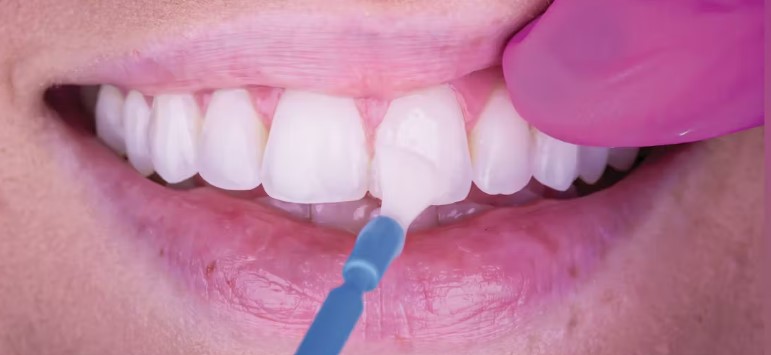Impact of Fluoride on Human Health
Consumption of fluoride can lead to several negative effects on human health. Found in various sources such as drinking water, toothpaste, and certain foods, fluoride in excess can cause dental fluorosis, a condition that leads to changes in the appearance of tooth enamel. Additionally, high levels of fluoride exposure have been associated with skeletal fluorosis, a condition that can result in pain and damage to bones and joints. Beyond these, there are concerns about fluoride's potential to affect thyroid function and brain development in children. Hence, while fluoride has its dental benefits, it's crucial to monitor and manage its consumption to avoid these adverse health impacts.

Effects of Fluoride on the Body
Thyroid Function
High levels of fluoride exposure have been linked to impacts on thyroid function. Fluoride can interfere with thyroid hormones, leading to hypothyroidism, a condition characterized by an underactive thyroid gland. This can result in symptoms like fatigue, weight gain, and cold sensitivity. Furthermore, patients with autoimmune diseases, particularly Hashimoto’s Disease, should be careful regarding the intake of fluoride.
Neurodevelopmental Effects
Studies also suggest that fluoride exposure may be connected with neurodevelopmental effects, particularly in children. Some studies have found that elevated fluoride levels in pregnant women are associated with lower IQ scores in their offspring. These findings have sparked significant concern and debate, emphasizing the need for further research to fully understand fluoride’s impact on brain development.
Bone Health
There is concern that fluoride might cause skeletal fluorosis, which causes bone to be more brittle, increasing the risk of fractures, particularly in populations exposed to high levels of fluoride over long periods.
Skeletal Fluorosis
Excessive fluoride can accumulate in bones, leading to skeletal fluorosis. This condition can cause pain, stiffness of joints, and even alter bone structure. In severe cases, skeletal fluorosis can lead to significant disability due to bone hardness and brittleness which may also lead to vulnerability to fracture.
Dental Fluorosis
One of the most visible signs of excessive fluoride exposure is dental fluorosis, a condition that affects tooth enamel. Severe cases of fluorosis can lead to substantial enamel discoloration and damage. Dental fluorosis occurs during tooth development, making children the most vulnerable population to excessive fluoride intake.
Given the concerns surrounding fluoride, there is a growing interest in biological dentistry and fluoride-free dental products. Additionally, individuals in Seattle, WA concerned about fluoride exposure can take steps to reduce their intake, such as using fluoride-free water for drinking and cooking, especially for children.
To learn more about fluorosis in Seattle, WA, it's impact on the health (both oral and whole body health), and preventative measurement, please visit our blog, Fluoride Toxicity.
At Seattle Dental Care – Biological Dental Care in Seattle, WA, our team continues to care for patients considering oral health as part of the whole-body wellness. We strive to provide patients with dental care that is fluoride free, BPA free, metal free, and toxin free that will last a long time. If you're ready to experience the best biological dentistry, please contact holistic dentist Seattle at (206) 728-1330 or visit us at 2107 Elliott Ave Ste 210, Seattle, WA 98121. We will be happy to guide you further.
